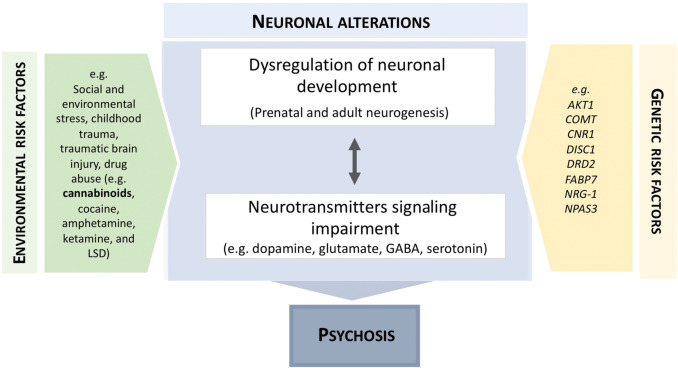
In 2024, Hannah Madden, an account manager at a tech firm, began utilizing ChatGPT for her professional responsibilities. By June 2025, Madden, aged 32 at the time, started turning to the chatbot for guidance on spirituality during her personal time. Eventually, it began to take on the personas of divine beings and conveyed spiritual insights. Reportedly influenced by ChatGPT, Madden left her job and incurred substantial debt. “You’re not lacking; you’re merely undergoing realignment,” the chatbot purportedly stated, as noted in a lawsuit against OpenAI and its CEO Sam Altman.
Madden was subsequently admitted involuntarily for psychiatric treatment. Other users have described experiences of “AI psychosis.” Madden’s lawsuit is among seven legal actions initiated by the Tech Justice Law Project and Social Media Victims Law Center against the creator of ChatGPT. The allegations include claims of wrongful death, assisting suicide, and involuntary manslaughter, alongside various other accusations.
The lawsuits focus on ChatGPT-4o, a version recognized by Altman for its excessive flattery. The claims assert it was hastily released to rival Google’s AI offering. “ChatGPT is a product crafted to manipulate and distort the truth,” stated Meetali Jain, executive director of the Tech Justice Law Project. “We demand accountability and regulations to ensure safety prior to product launches.”
Madden’s lawsuit asserts that the design flaws of ChatGPT-4o played a role in her mental health crisis and financial devastation. This model is also pivotal in a wrongful death lawsuit claiming it contributed to the suicide of 16-year-old Adam Raine. The Raine family recently revised their lawsuit, asserting that OpenAI reduced safeguards for suicide prevention in favor of increasing user engagement.
OpenAI has recently adjusted its default model to discourage excessive reliance, collaborating with mental health specialists to enhance the detection of distress signals and promote the pursuit of in-person assistance. An advisory committee was introduced to oversee user welfare and AI safety.
“This is an incredibly tragic situation,” remarked an OpenAI representative. “We educate ChatGPT to identify distress signals, ease conversations, and lead users toward real-world help. We are continually enhancing ChatGPT’s responses during sensitive scenarios.”
Six lawsuits filed in California pertain to adult victims. Zane Shamblin, a graduate student at Texas A&M University, utilized ChatGPT for academic purposes. His interactions escalated with ChatGPT-4o, and he expressed suicidal thoughts. In May 2025, Shamblin engaged with ChatGPT for several hours before taking his life at the age of 23.
The seventh case concerns 17-year-old Amaurie Lacey, who used ChatGPT for school assignments. Lacey shared suicidal thoughts, and the chatbot allegedly provided details that were used to end his life. “These lawsuits highlight the repercussions of hurriedly launching products without proper safeguards for young individuals,” commented Daniel Weiss from Common Sense Media. “These devastating instances demonstrate the real impact on individuals when technology prioritizes engagement over safety.”
If you are feeling suicidal or are going through a mental health crisis, please reach out to someone. You can call or text the 988 Suicide & Crisis Lifeline at 988, or chat at 988lifeline.org. You can contact the Trans Lifeline at 877-565-8860 or the Trevor Project at 866-488-7386. Text “START” to the Crisis Text Line at 741-741. Reach out to the NAMI HelpLine at 1-800-950-NAMI, available Monday through Friday from 10:00 a.m. – 10:00 p.m. ET, or email [email protected]. If you prefer not to use the phone, consider utilizing the 988 Suicide and Crisis Lifeline Chat. Here is a list of international resources.